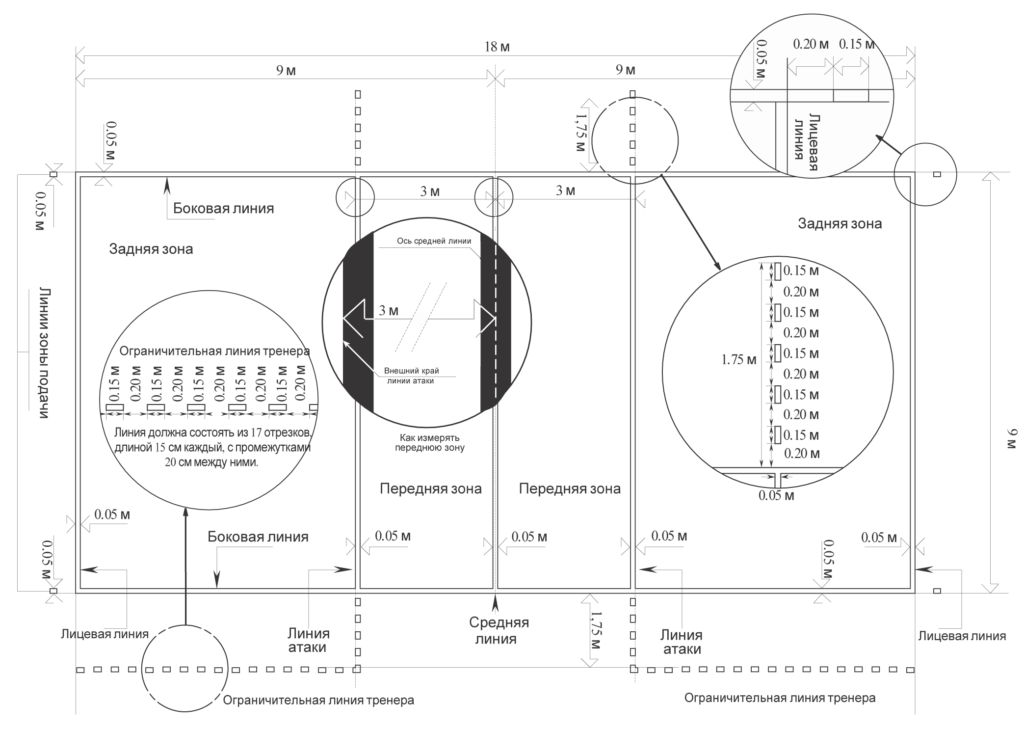Summer all year round, good-natured people, low prices and lots and lots of love: a Gazeta.Ru reader told why she moved to Ecuador and what advantages it gives.
Russian woman – about life in Ecuador
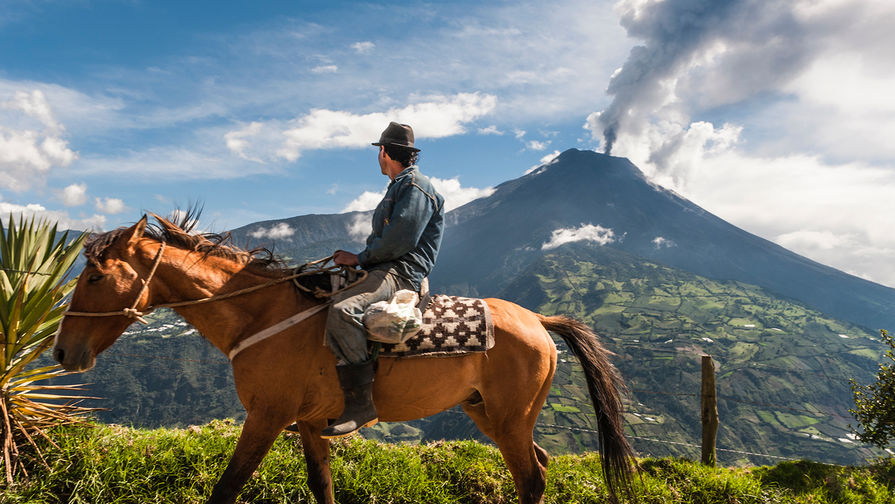
Now it is difficult to remember exactly why I decided to move Russia to Ecuador. It would be most honest to say that I did this for the sake of my future children – for the sake of the opportunity to raise and educate them in human conditions. For this, the most important criteria of life were selected – all year round summer on the Pacific coast, good-natured people and unbiting prices. This is what I got: I now live with my two sons (my husband ran away to another woman in the tenth year of his life) in the sunny resort town of Manta, Manabi province.
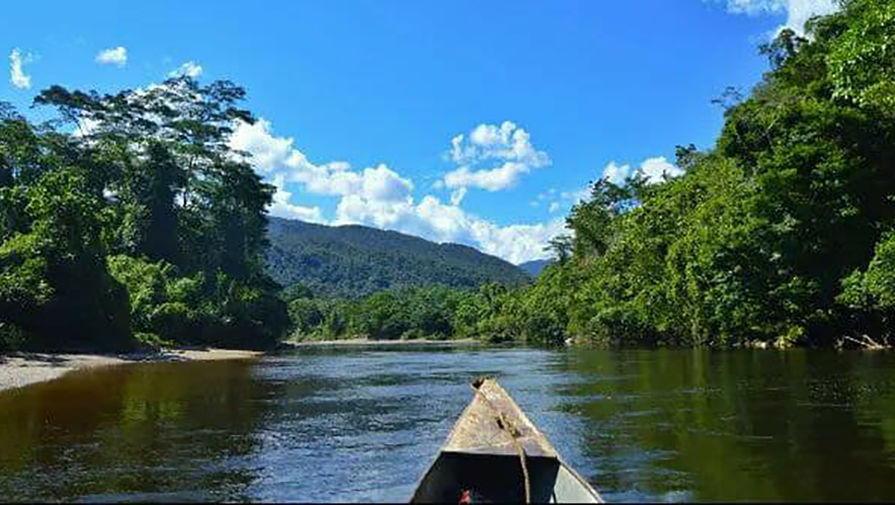
Our city is the third most important in economic terms in Ecuador and, as it is considered here, the world capital of catching sea calf, as the locals call tuna. There is even an unusual monument dedicated to tuna on the embankment: a huge yellow fish straddling a tin can.
Over the past 50 years, the population of the city has increased to 250 thousand people and continues to grow. As the inhabitants of Ecuador themselves say, Quito is the official capital of the country, Guayaquil is the business and financial center, Cuenca is the cultural capital, and the best city to live in is Manta.
In general, Ecuador is a country of contrasts, and I like it. In one place, in the smallest country in Latin America, there are four dissimilar parts: Costa (flat coast, mostly yellow, with a turquoise stripe of the Pacific Ocean), Sierra (mountainous Ecuador, part of eternal spring, green with milky color low sky), Amazonia (tropical jungle behind the eastern slopes of the Andes, hot humid summer, all the rich colors of nature) and the Galapagos Islands (a special world with unique flora and fauna, the color of beach sand from black to pink)
First impressions were confusing, and the future was hazy. When we arrived in Quito, I was very ill – I flew in the seventh month of pregnancy.
I felt sick, vomited, I was suffocating because of the exhaust fumes from the diesel pipes of the capital's buses.
The stench at the dizzy heights tore me apart. Only after descending from the mountains to the coast, I again found peace and oxygen. But on the coast, or rather, in Manta, I was in for an unpleasant surprise. Due to ignorance and inexperience, we entered the city from the south side, just through the fish factories. Holding our noses and not really examining the city that we had chosen for permanent residence back in Moscow, we hurried to retreat further along the coast to the north. And this interval of the journey was the most impressive for me. Ruta del Sol (Road of the Sun) 10 years ago and today's Ruta de Spondilus (Road of the Pearl). Unforgettable landscapes of the Pacific coastline, dilapidated shacks made of kanya (a local type of bamboo) and coconut and banana palms.
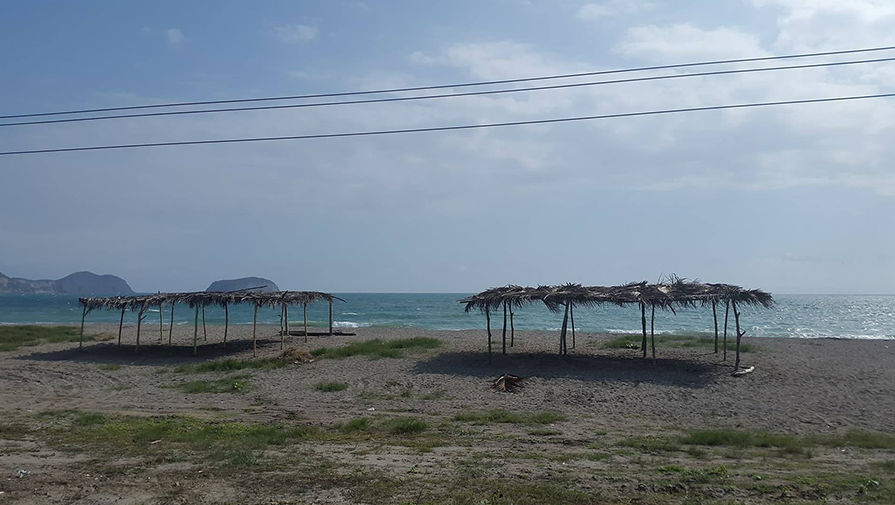
Sun, waves, sand and smiles, smiles on the swarthy faces of good-natured Ecuadorians.So to the music of Raggi, we reached the hippy-rastafarai town of Mantanita. But we also fled from this nonsense paradise – it was scary for our stomach and our things. After unfolding the car, we settled in the hotel between Mantanita and Manta – in the fishing village of Puerto Kayo. Two weeks later, we were lucky for only $ 200 to rent a one -room furnished apartment in the mantle.
Was it difficult to adapt? More likely no than yes. The beach from eight in the morning, a light tan, bathing in the waves of the ocean, shopping, a delicious dinner, a movie for the night, sleep. Everything is like ordinary people. A month – and I no longer remembered that I am not Ecuadork. In addition, if you give birth to a child in Ecuador, he automatically becomes Ecuador, and his parents are awarded a permanent resident visa. The most difficult thing was the language barrier.
All my life I learned English – and moved to the Spanish -speaking country. I could not break this barrier for years, but in the fifth year I still spoke. Local friends in English helped me in this, which is actually a rarity in Ecuador. It's simple! And my friends appeared in the second and fifth years of immigration. From the locals. More-in the fifth year, when we opened our rock bar. After the third glass, the tongue is untied, and language barriers collapse.
There are few Russian friends here, two by force. So we got to the question of what I miss in Ecuador.
Friends. My old real St. Petersburg and Moscow friends. Joint trips to theaters, rock clubs, bars and exhibitions. There are still terribly lacking books in Russian. No, not these compressed texts the size of a palm, no, I want to hold a living book in my hands and hear the rustle of overwhelming sheets, feeling the smell of typographic paint. There is not enough mother and sisters with her brother. Three years ago, they lived in Ecuador for a year, but returned back to St. Petersburg.
With the local university – Uleam (Universidad Layca Elloy Alfaro de Manabi) – I am binded by purely labor and friendly relations, as I have learned for a long time. At the university, I am working as a freelance artist at Departamento de Cultura (Department of Arts). The part-time job consists mainly in Arte En Vivo (live painting) during university holiday concerts and participation in the art group of street artists. I also support my website.
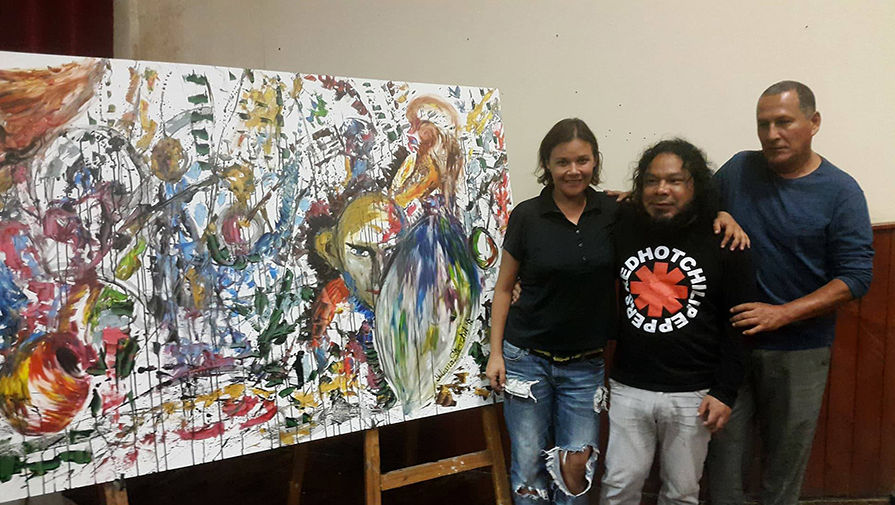
From left to right: author, Giuseppe (artist from Peru), Ivo Ukiyas (a sculptor, artist known for everything manbi) at the university concert at Chone (Chon) as Arte En Vivo (live painting)
Julianna Shevchuk
As for local residents, I will only say one thing: they know how to enjoy life and love. They have the country's motto – Ecuador Ama la Vida (Ecuador loves life). Ecuadors love everything: Sevich (cold dish of seafood), Ensboado (fish soup), huge plates with rice, lentils and fried fish/chicken/pork, panama, hammocks, women, children and the elderly. Imagine that you are driving along the road past the villages, and in each miserable shack at the door there is an old woman or an old man and children playing next to you, and everyone is greeting you with a smile.The average life expectancy in Ecuador is 75 years. Old people at their venerable age manage to do something else and do it with their own hands – from souvenirs to furniture.
Souvenir products are, for example, Panama hats. Yes, they were invented in Ecuador, and they have nothing to do with Panama – straw hats have been made in the province of Manabi since the 17th century. Near Manta is the town of Montecristi. It would seem to be an ordinary provincial town, if not for one “but”: Montecristi is famous all over the world thanks to handmade straw hats called “Panama Hats”. It is in this city that the most expensive straw hats in the world are created and sold.
They are made from the finest straw: straw threads are similar in thickness to ordinary threads.
After molding, each hat is subjected to a washing and drying process, which allows the hats to gain flexibility and elasticity. After drying, the hats are smoothed with antique iron irons. I have a cactus in my house.
And finally, a joke about Ecuadorians from Russian immigrants. “The angel Gabriel flies over the Earth and distributes natural resources to countries from his magic shopping bag. During the flight over Ecuador, the bag is torn, and all the remaining resources generously pour down. Returns to God. God: Gabriel, what have you done? And in response: “Calm down, Almighty, you don’t know what kind of people live there.” And the truth is kind, lively, respecting life in all its manifestations. Yo amo Ecuador!



